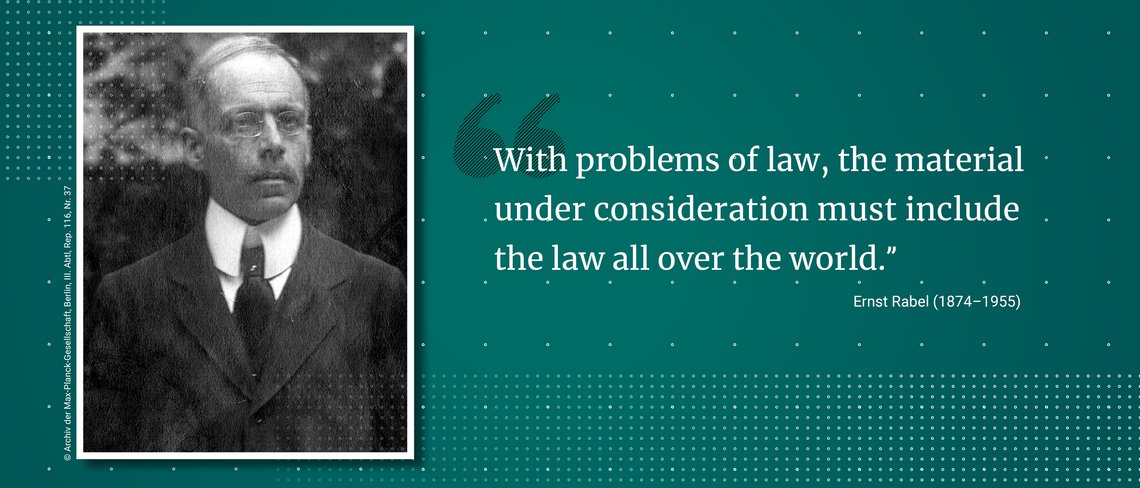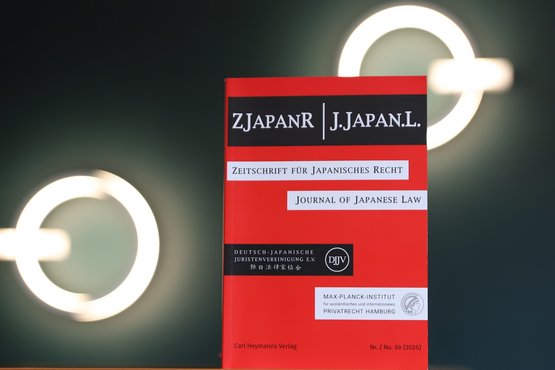News
New Releases
Commentary
Klaus J. Hopt, , Christoph Kumpan, Patrick C. Leyens, , Markus Roth (eds.), Handelsgesetzbuch, Beck'scher Kurz-Kommentar von Hopt, 45., neubearbeitete ed., C.H. Beck, München 2026, LXXV + 3313 pp.
Contribution to a Handbook
, Simon Horn, Grenzüberschreitender Verbraucherschutz: § 17 Internationale Zuständigkeit, § 18 Anwendbares Recht, in: , , , (eds.), Verbraucherrecht, 4. ed., Nomos, Baden-Baden 2026, 1087–1128.
Contribution to a Commentary
Jan Peter Schmidt, Brüssel IIb-VO, IntFamRVG, in: (ed.), Münchener Kommentar zum FamFG, vol. 2, 4. ed., C.H. Beck, München 2026, 1095–1305; 2489–2527.
Contribution to a Commentary
Denise Wiedemann, Übereinkommen über die Zuständigkeit, das anzuwendende Recht, die Anerkennung, Vollstreckung und Zusammenarbeit auf dem Gebiet der elterlichen Verantwortung und der Maßnahmen zum Schutz von Kindern (KSÜ), in: (ed.), Münchener Kommentar zum FamFG, vol. 2, 4. ed., C.H. Beck, München 2026, 2325–2397.
Collected Edition
, Holger Fleischer, , , , , , , (eds.), Gedächtnisschrift für Gerald Spindler, C.H. Beck, München 2026, XII + 867 pp.
Commentary
Holger Fleischer, (eds.), Münchener Kommentar zum GmbH-Gesetz. Bd. 2 (§§ 35-52), 5. ed., C.H. Beck, München 2026, XLIV + 2057 pp.










